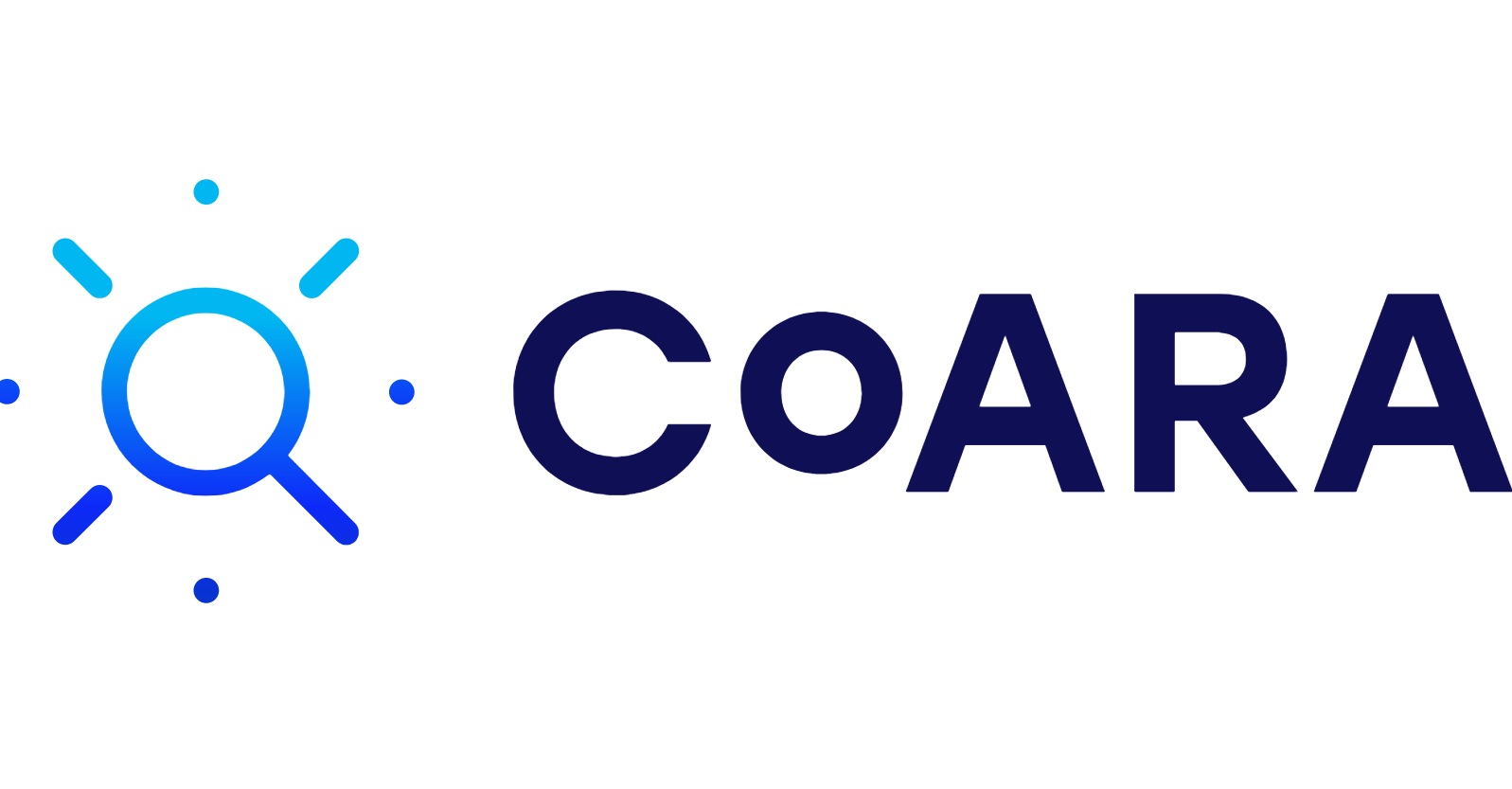Programme / Thematic session IV/a – Research Assessment – Regional Perspectives and Unifying Actions
‹ back to Programme listerDay
Friday / 22 NOV
16:15 - 17:30
As researchers, our responsibilities extend beyond the realm of academic publishing. They encompass science outreach, education, diplomacy, policy advocacy, entrepreneurship, and collaborations aimed at addressing global challenges or progress towards more equitable societies. These efforts, however, are hampered by current research assessment practices and the academic reward system, which perpetuates a 'publish or perish' research culture. This culture confines the scope of science to academic publishing, fosters privilege-based biases, and prioritises quantity over quality, as well as prestige over integrity.
The initiative "The Coalition for Advancing Research Assessment (CoARA)" brings together a community of researchers and research enablers dedicated to reforming research assessment. CoARA’s guiding principles centre on acknowledging the diversity of contributions and careers in science, shifting research evaluation towards qualitative aspects where research ethics and integrity are at the core, and recognizing that excellence is context-dependent, varying for each candidate, role, and projects.
This session, co-organised by the Global Young Academy (GYA) and CoARA, will address challenges and progress in advancing research assessment practices in different world regions, with an aim to empowering the future generation of science leaders.
Summary of the session by session rapporteur Dr Ákos Lencsés, Member, Hungarian Young Academy:
Moderated by Carlo D'Ippoliti, the panel discussed the latest CoARA developments concerning research assessment reforms in various world regions.
The panel began with Yensi Flores Bueso, who outlined the key characteristics that truly matter in academic promotions. The GYA conducted a cross-sectional analysis of the assessment criteria used in promotion policies across 121 countries. Over 500 policies were analysed, revealing 11 different types of research outputs used in research assessments. Of these, 4 are qualitative and 7 are quantitative, with most countries primarily focusing on quantitative outputs. She also highlighted that promotion criteria are not standardized.
Lidia Borrell-Damián focused on the values attributed to the research profession. She outlined six fundamental values: autonomy/freedom, care/collegiality, collaboration, equality/diversity, integrity/ethics, and openness/transparency. Borrell-Damián presented the ten commitments of CoARA as the core foundation of the movement – a movement whose network of institutions continues to grow. She emphasized the importance of a strong commitment to open science, highlighting its alignment with research assessment reforms. Open science expands research assessment criteria beyond publications, fostering a broader and more inclusive approach.
Fang Xu presented China’s research assessment system. The country’s evaluation framework is built on four pillars: personnel, projects, institutions, and disciplines. She highlighted that there is no unified national assessment system for Chinese scientists, and the abundance of evaluation criteria remains one of the country’s main challenges. Ongoing reforms, driven by joint efforts from the government and scientific communities, aim to shift the focus from quantitative metrics to quality, impact, and contribution.
Nosisa Dube highlighted the example of her organization as a leading voice in Africa's fragmented research assessment system. Assessments are conducted for researchers, project proposals, programmes, and institutions. Most systems used across Africa strive to balance qualitative and quantitative metrics.
Luciana Balboa joined via video connection to discuss the research assessment system in Latin America. In the region, science is regarded as a global public good. Researchers’ works are often published through diamond open access rather than global publishers. Regional journals and indigenous knowledge hold particular value and are specially emphasized in the region’s research assessment systems.
The presentations were followed by a lively Q&A session, during which the panellists agreed that the extreme diversity of assessment systems could hinder scientific progress. The discussion highlighted the need for a systematic review of regional methodologies and the importance of international dialogue on potential reforms. While all systems inevitably influence scientists’ behaviour, it was emphasized that research integrity must remain at the core of assessment practices. Given that research careers follow diverse paths, assessment criteria must adapt to this variability.
It was also emphasized that CoARA aims to foster dialogue on research assessment reforms – a dialogue that takes place within its working groups and national chapters.
Moderator:
Speakers:
- Lidia Borrell-Damián, Secretary General, Science Europe
- Nosisa Dube, Director, South Africa National Research Foundation
- Yensi Flores Bueso, Co-Chair, Global Young Academy
- Fang Xu, Professor, Institutes of Science and Development, Chinese Academy of Sciences
Rapporteur:
Video:
Photo:
https://www.flickr.com/photos/mtasajto/albums/72177720322126518/
PPT Links:
Nosisa Dube: https://shorter.me/4ecEL
Yensi Flores Buesco: https://shorter.me/cbJe-

